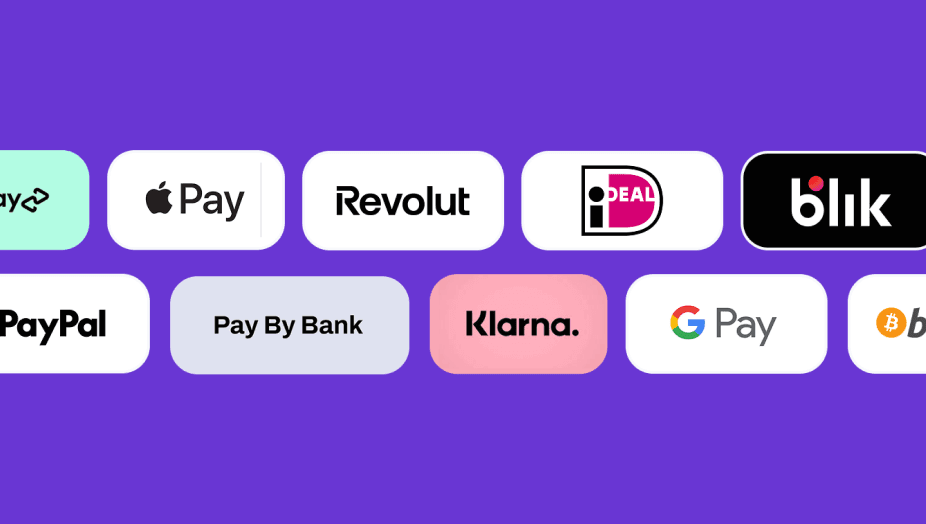
Open banking is no longer a concept for the future; it's already changing how we do business. With its wide range of use cases, open banking is making a big impact across many industries, including the property rental market.
In this article, we explore the application of open banking for rental businesses.
What Is Open Banking?
The PSD2 regulation in the EU has mandated traditional banks to share customer data with approved fintech companies, like Noda. This ended the banks' monopoly over financial information. The open banking ecosystem is strictly regulated and requires clear customer consent.
Open banking uses Application Programming Interfaces (APIs). They enable interactions between different software systems, allowing banks to securely share data via APIs. Open banking spurred innovation, resulting in better products and a smoother user experience.
Data Aggregation
Data aggregation is a key application of open banking. Modern customers often manage multiple accounts across various institutions, including for spending, savings, and business transactions. Previously, account aggregation relied on screen scraping, which posed significant security risks. Open banking addressed this issue by sharing data via regulated and secure APIs.
In Europe, Account Information Service Providers (AISP) can use APIs to gather data from multiple accounts into a single interface. This greatly enhances processes in rentals, which are dependent on data, such as referencing.
What Is Open Banking Referencing?
Traditional financial checks for property leases require juggling numerous documents, such as tenant payslips, bank statements, and employment letters. This makes the process time-consuming and cumbersome.
Open banking has changed the way prospective tenants can submit references. The data aggregation removes the need to wait for bank statements or evidence of timely payments. Letting agents can now obtain and analyse a holistic snapshot of a tenant’s financial behaviour, including income and rental history, directly from the bank with the tenant's permission.
The process makes it easier for renters too. They can digitally share their data with agents, without physical submissions. As open banking technology expands to other markets, international tenants can apply for properties in different countries and be screened quickly and confidently.
Benefits of Open Banking in the Rental Market
- Streamlined Referencing: Reduces the need for multiple documents like payslips and bank statements, making the process quicker and simpler.
- Accurate Financial Insights: Provides a clear snapshot of a tenant’s financial behaviour, including income and rental payment history, directly from their bank.
- Secure Data Sharing: Ensures that financial data is shared accurately and securely with the tenant’s permission.
- Convenient for Renters: Allows renters to digitally share their financial data, eliminating the need for physical documents.
- Global Screening: Enables international tenants to apply for properties in other countries where open banking is developed, allowing for swift and confident screening.
Open Banking and Data Security
This digital transformation also helps letting agents remain compliant with data protection laws. The automated process minimises human errors, ensuring they have accurate information. It also helps reduce back-office costs associated with the traditional, lengthy referencing process.
Transparent data sharing provides well-rounded profiles, benefiting both agents and landlords. It reduces the risk of rent arrears and allows tenants to sign contracts and make payments more quickly.
How to Integrate Open Banking
- Define Business Needs
Begin by identifying your rental business needs. Determine which verifications you want to streamline and the specific regulations you need to comply with. Consider your budget for these services as well. This approach will help you select the most suitable provider.
- Choose an Approved OB Provider
Consult reliable sources and check online reviews to compile a list of potential providers offering open banking features. Evaluate their reputation within the property industry to ensure they have a proven track record of delivering efficient solutions.
Compare their fees, including monthly charges, setup fees, and any additional software costs. Opt for a provider that offers transparent and cost-effective pricing.
- Test & Trial
When choosing a provider, consider testing their services with a demo or trial period. This lets you evaluate the functionality and effectiveness of their solutions.
If you're satisfied, request detailed documentation and begin integrating their APIs.A dependable provider will offer support throughout the entire process, from initial testing to full integration.
From Open Banking to Open Finance
Open banking adoption is rapidly gaining momentum. According to a 2021 study by Accenture, 76% of banks worldwide expect customer adoption and usage of Open Banking APIs to increase by 50%, or more, between 2024 and 2026.
Open finance takes a step beyond open banking by sharing data across a broader range of financial sectors. This may include investments, insurance, pensions, mortgages, lending, and more. While open finance is not yet widely practised globally, Brazil is leading the way in adopting this framework, having begun its final implementation step in March 2022.
Open Banking with Noda
Noda is a global open banking provider that assists online merchants with end-user KYC, payment processing, LTV forecasting and UX optimisation. We partner with 2,000 banks across 28 countries, spanning over 30,000 bank branches. Noda supports a wide range of currencies for globally-minded clients. We offer scalable plans to fuel your business growth and e-commerce plugins for easy integration.
With Noda's advanced Open Banking API, online businesses can easily integrate direct bank payments, offering their customers a seamless and secure payment experience with lower fees. Whether you're looking to enhance customer verification processes, optimise payment systems, forecast long-term value, or refine the user experience, Noda is your partner in growth.
FAQs
How does open banking benefit the rental industry?
Open banking streamlines the referencing process by reducing the need for multiple documents such as payslips and bank statements. It provides accurate financial insights directly from tenants' banks, enhancing security and efficiency.
How does open banking simplify tenant referencing?
It allows letting agents to obtain a comprehensive snapshot of a tenant's financial behaviour, including income and rental history, directly from their bank with the tenant's permission. This eliminates the need for physical documents and speeds up the referencing process.
How does open banking improve the tenant's experience?
Renters can digitally share their financial data with letting agents, without submitting physical documents. This technology also allows international tenants to apply for properties in different countries and be screened quickly and confidently.
Latest from Noda

Alternative payment methods: 2026 Guide for Businesses

Open Banking Payments: SME E-Commerce Guide (UK)

Payment Methods in Spain 2026: A Guide for Online Merchants

